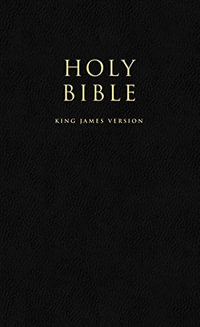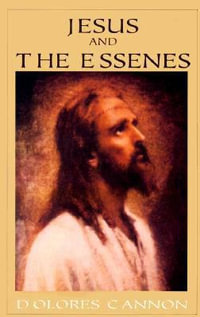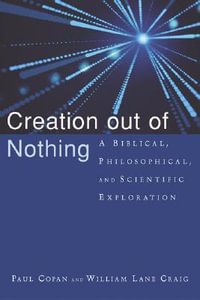
Linguistic Evidence for the Pre-Exilic Date of the Yahwistic Source
By: Rick Wright, Andrew Mein (Editor), Claudia V. Camp (Editor)
Hardcover | 1 May 2005 | Edition Number 1
At a Glance
Hardcover
RRP $320.00
$226.50
29%OFF
Aims to ship in 25 to 30 business days
ISBN: 9780567041210
ISBN-10: 0567041212
Series: Library of Hebrew Bible/Old Testament Studies
Published: 1st May 2005
Format: Hardcover
Language: English
Number of Pages: 220
Audience: Professional and Scholarly
Publisher: CONTINUUM 3PL
Country of Publication: GB
Edition Number: 1
Dimensions (cm): 24.38 x 15.6 x 2.24
Weight (kg): 0.48
Shipping
| Standard Shipping | Express Shipping | |
|---|---|---|
| Metro postcodes: | $9.99 | $14.95 |
| Regional postcodes: | $9.99 | $14.95 |
| Rural postcodes: | $9.99 | $14.95 |
How to return your order
At Booktopia, we offer hassle-free returns in accordance with our returns policy. If you wish to return an item, please get in touch with Booktopia Customer Care.
Additional postage charges may be applicable.
Defective items
If there is a problem with any of the items received for your order then the Booktopia Customer Care team is ready to assist you.
For more info please visit our Help Centre.























